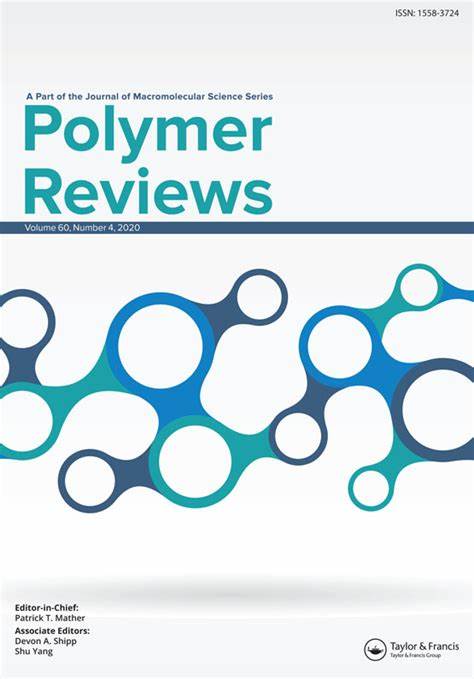Melt-Based Additive Manufacturing of Polyolefins Using Material Extrusion and Powder Bed Fusion
IF 11.9
2区 化学
Q1 POLYMER SCIENCE
引用次数: 1
Abstract
Abstract Polyolefin-based thermoplastics such as polyethylene and polypropylene constitute a major fraction of the polymers employed in commodity applications due to their ease of processability, durability, and economic viability. Additive manufacturing (AM) of polyolefins offers both a viable path toward functional prototyping of design concepts and direct manufacturing of end-use parts. Melt-based AM of polyolefins is more challenging than other semicrystalline polymers (polyamides) due to the relatively high levels of volumetric shrinkage encountered during crystallization of such polymers that lead to significant issues related to warpage and interlayer adhesion. The focus of this review is to evaluate the latest state-of-the-art for processing polyolefins by powder bed fusion (PBF) and material extrusion (MatEx) AM modalities. Recent progress in processing neat, filled, and blends of polyolefins using PBF and MatEx are discussed to highlight the importance of the rheological and morphological characteristics of the polymer melt on the printed parts performance. The existing challenges to AM of polyolefins are emphasized and strategies to address the limitations are recommended through a better understanding of the associated process-structure-property relationships. A holistic approach spanning synthetic modifications for feedstock development, improved system design, and physics-guided process parameter selection is required to broadly adopt melt-based AM of polyolefins.采用材料挤压和粉末床熔合的熔融增材制造聚烯烃
基于聚烯烃的热塑性塑料,如聚乙烯和聚丙烯,由于其易于加工,耐用性和经济可行性,构成了商品应用中使用的聚合物的主要部分。聚烯烃的增材制造(AM)为设计概念的功能原型和最终用途部件的直接制造提供了可行的途径。基于熔融的聚烯烃AM比其他半结晶聚合物(聚酰胺)更具挑战性,因为在这种聚合物的结晶过程中会遇到相对较高的体积收缩水平,从而导致与翘曲和层间粘附相关的重大问题。本综述的重点是评估粉末床熔融(PBF)和材料挤压(MatEx)增材制造模式加工聚烯烃的最新技术。讨论了用PBF和MatEx加工纯聚烯烃、填充聚烯烃和共混聚烯烃的最新进展,强调了聚合物熔体的流变学和形态学特征对打印部件性能的重要性。强调了聚烯烃增材制造面临的挑战,并通过更好地理解相关的工艺-结构-性能关系,提出了解决这些限制的策略。为了广泛采用熔融聚烯烃增材制造,需要采用一种全面的方法,包括原料开发的合成改性、改进的系统设计和物理指导的工艺参数选择。
本文章由计算机程序翻译,如有差异,请以英文原文为准。
求助全文
约1分钟内获得全文
求助全文
来源期刊

Polymer Reviews
工程技术-高分子科学
CiteScore
24.80
自引率
0.80%
发文量
21
审稿时长
6 months
期刊介绍:
Polymer Reviews is a reputable publication that focuses on timely issues within the field of macromolecular science and engineering. The journal features high-quality reviews that have been specifically curated by experts in the field. Topics of particular importance include biomedical applications, organic electronics and photonics, nanostructures, micro- and nano-fabrication, biological molecules (such as DNA, proteins, and carbohydrates), polymers for renewable energy and environmental applications, and interdisciplinary intersections involving polymers.
The articles in Polymer Reviews fall into two main categories. Some articles offer comprehensive and expansive overviews of a particular subject, while others zero in on the author's own research and situate it within the broader scientific landscape. In both types of articles, the aim is to provide readers with valuable insights and advancements in the field of macromolecular science and engineering.
 求助内容:
求助内容: 应助结果提醒方式:
应助结果提醒方式:


